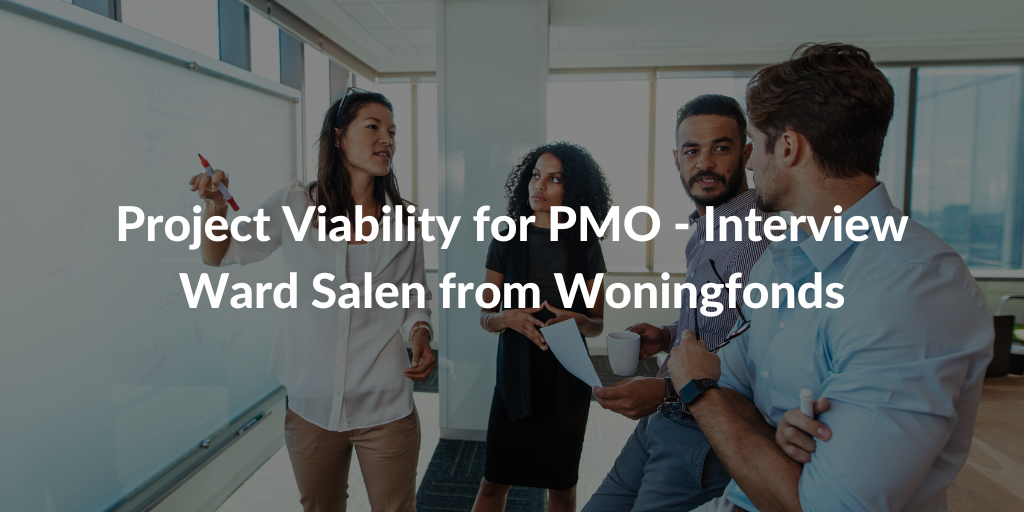Categories
Tags
Newsletter
Subscribe to the QRP International neswletter and get all the news on trends, useful contents and invitations to our upcoming events
Subscribe
How can you ensure that your projects, programmes and portfolios are useful for your organisation? In this interview with Ward Salen from Woningfonds, we speak about the viability of a project for the PMO.
I am currently Project Manager Officer (PMO) at Woningfonds van het Brussels Hoofdstedelijk Gewest (Brussels-Capital Region Housing Fund). Our organisation aims to promote access to housing and living for all by offering a range of services to people looking for a home in Brussels.
As PMO, I centralize all information about the projects and oversee the methodology that is used for these projects. To this end, I regularly meet with the sponsors and Project Managers to report, and help them think about the best way to approach each project. I am also their point of contact, and provide training and coaching where necessary. In addition to these responsibilities, I also lead some projects myself, which I find useful so that I retain the same frame of reference as the Project Managers with whom I work.
10 years ago, I started as a social worker at Woningfonds. A few years ago, when I had grown tired of the routine of my work, I got the opportunity to retrain as a Project Manager. My first project was a success, and I got the chance to streamline the methodology that I applied with the help of the PMBoK to all projects in the role of PMO.
All projects are included in a portfolio that we review quarterly with the Portfolio Management Board (PMB), all sponsors of the projects. Projects are only added to this portfolio according to the stage gate principle. For example, the approval of a Project Initiation Document (PID) by a sponsor is required so that the project is clearly defined and linked to an objective of our organisation. By applying this principle, we always maintain consensus on the project’s reason for existence.
The added value of a project is not assessed by the Project Manager or sponsor. It is the beneficiaries, the users, the stakeholders who must give an assessment. Therefore, it is important to keep close contact with this group of people throughout the project. Flexibility as a Project Manager is crucial here and, in many cases, takes precedence over the original project plan. In the words of Albert Einstein: “Strive not to be a success, but rather to be of value”.
Since my AgilePM training with QRP, I have the 8 DSDM principles (Dynamic Systems Development Methodology) hanging at my desk. I believe that focus on these principles can be an asset to all projects. Depending on the project, our focus can be shifted. On the one hand, digital projects benefit more from regular delivery and iterative development. On the other hand, for example in projects aimed at organizational change, we focus more on communication and cooperation.
The biggest challenge is to keep all projects within a framework. By this I mean that projects can very easily be started, changed, and also die a quiet death if there is no clear framework in which these projects exist. Keeping Project Managers and sponsors convinced of its usefulness, is a challenge. Therefore, it is crucial to demonstrate what the added value of a PMO is within this project framework. For these reasons, a PMO is preferably proactive and a good communicator.
Think carefully when initiating each project. The roles of sponsor, Project Manager and possibly a user must be filled. Regularly discuss the project in a structured manner. For projects that have been in the portfolio for a long time but have little or no progress; ask yourself why they are still there. If this question cannot be answered clearly, or if there is no longer a sponsor who supports this project, the project can be closed. You better save your energy for viable projects.
No. For the simple reason that when I want to learn something, I work on it quickly. As a result, I never make it to a list of 3.